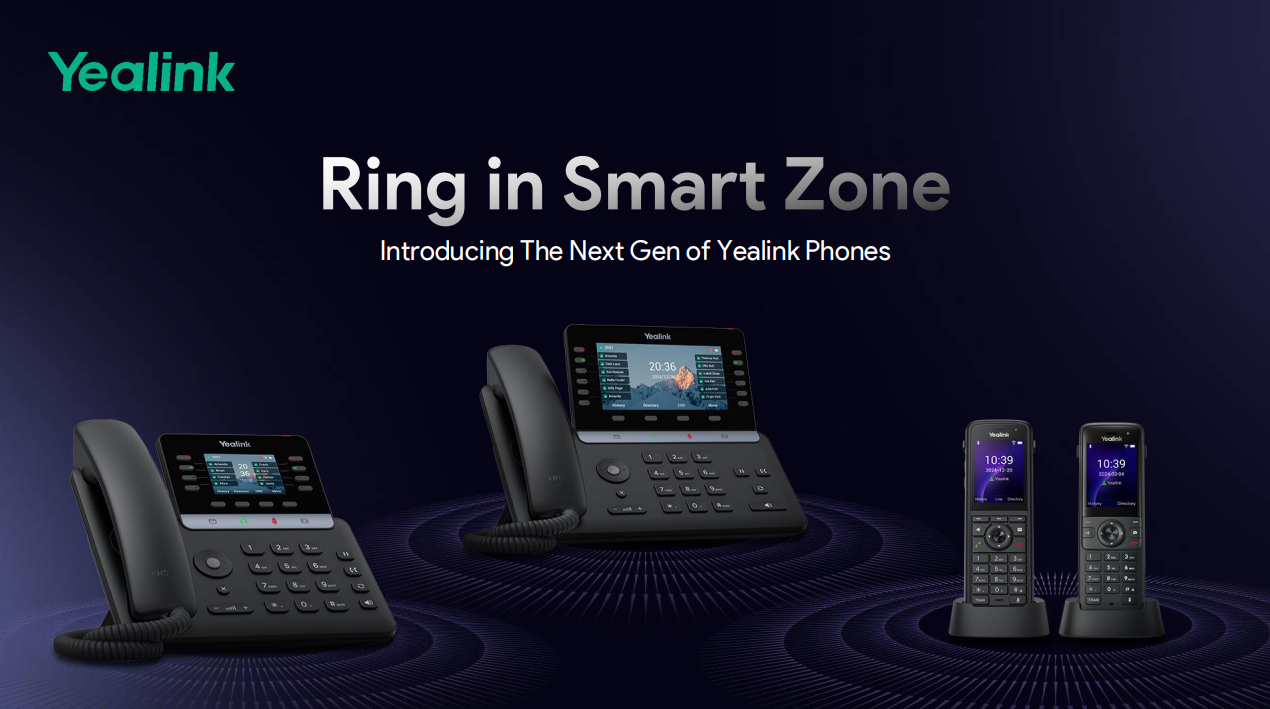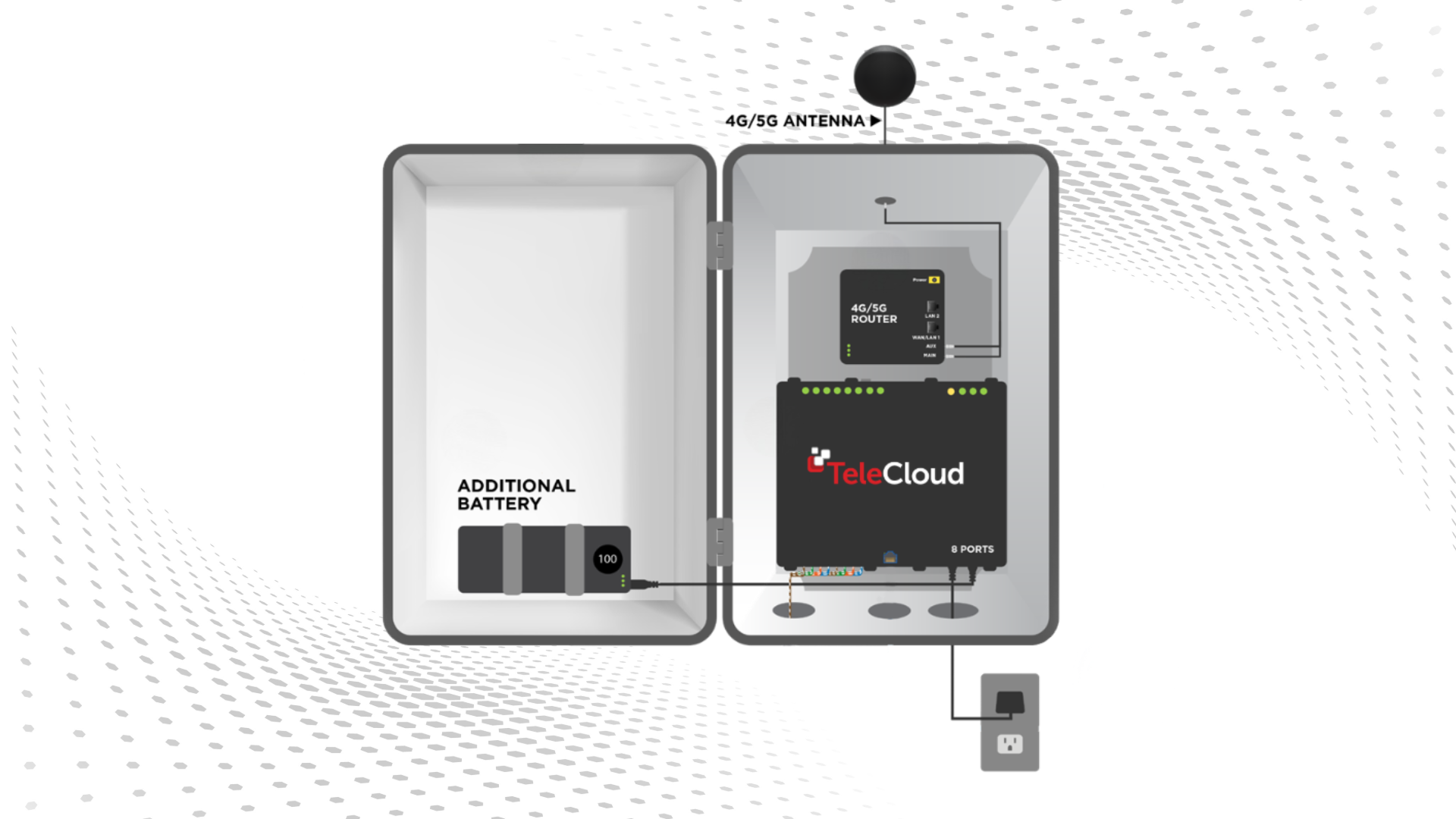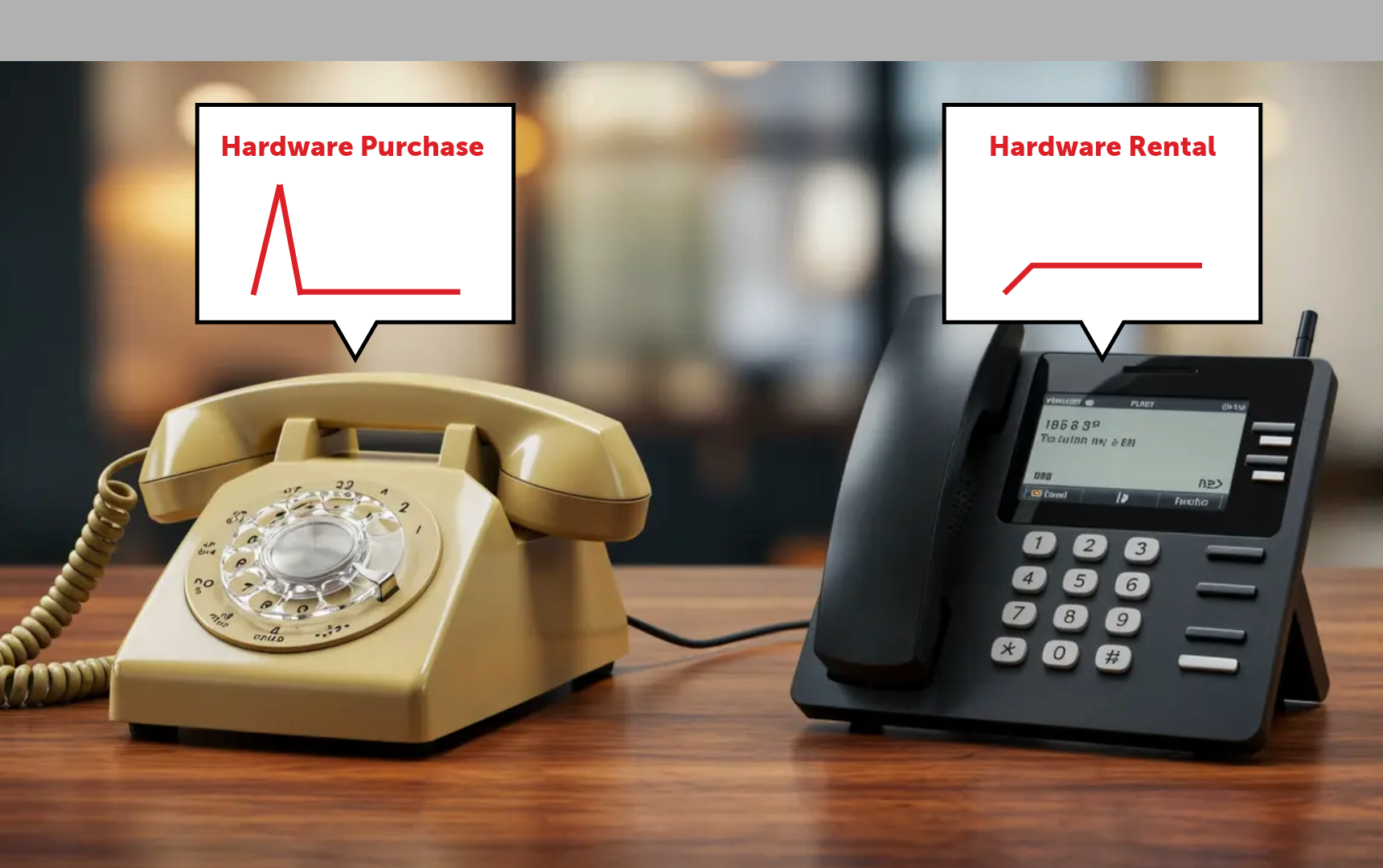Will existing phone hardware work with a new VoIP phone system?
Updated: February 19th, 2025 | Published: March 8th, 2016
4 min read

Upgrading to a VoIP phone system can be a game-changer for your business, but what about your existing phone hardware? Can you keep it, or will you need all new equipment? This is one of the most common questions we get at TeleCloud, and it makes sense why.
For most businesses, the hesitation comes down to two things:
- Cost: They want to avoid upfront expenses on new phones.
- Convenience: They don’t want to learn how to use new equipment.
If that sounds like you, you’re not alone. In this guide, we’ll explain when your existing hardware might work, when it won’t, and why upgrading is often the smarter long-term choice.
The Short Answer: Maybe, But It Depends
If the question is can we keep using our old phones? The answer is yes, it depends on what hardware you already have, but we probably wouldn't recommend it. If you want to take full advantage of a modern VoIP system with features like HD audio, mobile app integration, video calling, and advanced call routing, you’ll likely need new phones and hardware.
However, if your only goal is to replace outdated carrier services (like Verizon phone lines or T1 circuits) to cut costs, you might be able to reuse your existing phones. But there are caveats, especially if you want features like seamless disaster recovery.

Why Your Existing Phone System Might Not Work
1. Traditional Phone Systems Don’t “Play Nice” with VoIP
Old phone systems aren’t designed to work with VoIP lines. To make them compatible, you’d need a third-party gateway device. But here’s the catch:
- It’s another piece of hardware that can fail.
- It adds complexity and potential support costs.
- You still end up learning something new and spending money.
Bottom line: You’ll spend time and money trying to make old tech work, without getting the full benefits of VoIP.
2. VoIP Providers Typically Can’t Support Your Old Equipment
Most VoIP providers won’t touch legacy hardware. If something breaks, you’ll need your old vendor to fix it, leading to higher costs and longer downtimes.
Why? Because VoIP providers often don’t have the expertise or local presence to service outdated systems. Unless you’re working with a local provider (like TeleCloud), you’ll be stuck coordinating between multiple vendors.
3. National Providers Might Say “It’ll Work” (But It Probably Won’t)
We’ve seen national VoIP providers promise seamless integration with existing hardware, only for businesses to face expensive complications later. Without on-site support, these providers rely on you (or your IT team) to handle installation headaches.
Pro tip: If a provider says your old phones will “work fine,” ask them to guarantee it in writing.

When You Might Be Able to Reuse Your Phones
There are exceptions, though they’re rare. Here’s when you might not need all-new equipment:
1. You Have VoIP-Compatible Phones
If your current phones are from VoIP-friendly brands like Cisco, Yealink, Polycom, or Aastra, there’s a chance they’ll work. These brands often support open standards that many VoIP systems use. But it’s not a guarantee; compatibility still depends on your provider’s platform.
2. Your VoIP Provider Supports Your Hardware
Some local providers (like us) might support certain legacy systems if they’re certified dealers. But this is uncommon. If you’re switching to a national provider, don’t expect them to touch anything older than a few years.
Why Upgrading Hardware is the Smart Long-Term Move
We get it, buying new equipment sounds expensive and inconvenient. But here’s why it’s often the best decision:
1. It’s Easier Than You Think
Modern VoIP phones are designed to be user-friendly. If you can use a smartphone, you can use these. Plus, with web-based portals and screen-sharing support, training is simple.
2. No Massive Upfront Costs
Reputable providers (like TeleCloud) offer financing options, letting you spread equipment costs over manageable monthly payments. You get the latest tech without a big upfront bill.
3. Future-Proof Your Business
Think about it, if your phone system is more than five years old, it’s likely the oldest tech in your office. A new VoIP system ensures you’re ready for future upgrades without expensive retrofits.
Rule of Thumb:
If your phone system is older than your youngest employee, it’s time to upgrade.
The Risk of “Saving” Money by Keeping Old Phones
You might think reusing hardware saves money, but it can actually cost more in the long run:
- Increased Downtime: Older equipment is more prone to failure.
- Limited Features: You’ll miss out on VoIP’s best tools, like mobile apps, video calls, and call analytics.
- Higher Support Costs: Legacy systems require specialized (and expensive) maintenance.
How TeleCloud Makes VoIP Transitions Seamless
At TeleCloud, we believe upgrading should be simple. That’s why we:
- Handle installation from start to finish.
- Offer on-site training for your team.
- Provide flexible payment options, with no massive upfront costs.
- Guarantee local, responsive support whenever you need it.
Should You Keep Your Old Hardware?
While it’s technically possible to reuse some phones, it’s rarely the best choice. The hidden costs, limited features, and ongoing frustrations simply aren’t worth it. Attempting to make old hardware work with new VoIP systems often leads to higher support costs, compatibility issues, and a limited ability to take advantage of modern communication features.
For most businesses, the cleanest, easiest, and safest choice is to upgrade. Modern VoIP phones offer better performance, advanced features, and fewer headaches, all backed by flexible pricing options that fit your budget.
Still unsure what the best option is?
Contact TeleCloud today. We’ll guide you through the decision-making process and, if needed, provide an on-site survey to determine the most efficient and cost-effective solution tailored to your business needs.
 By Vincent Finaldi
By Vincent Finaldi
Vice-President, Tele-Cloud
E-mail: vin@telecloud.net | Direct Line: (908) 378-1218
What brings me satisfaction is meeting with New Jersey–based businesses and genuinely helping them solve communication and business problems. As someone who has lived in New Jersey my entire life, I love working and playing here. I live in Morristown with my wife, Lisa, and root for the New York Giants.
vin@telecloud.net OR call/text 908-378-1218
Topics:














